CBD products fail another test—with an important caveat for retailers
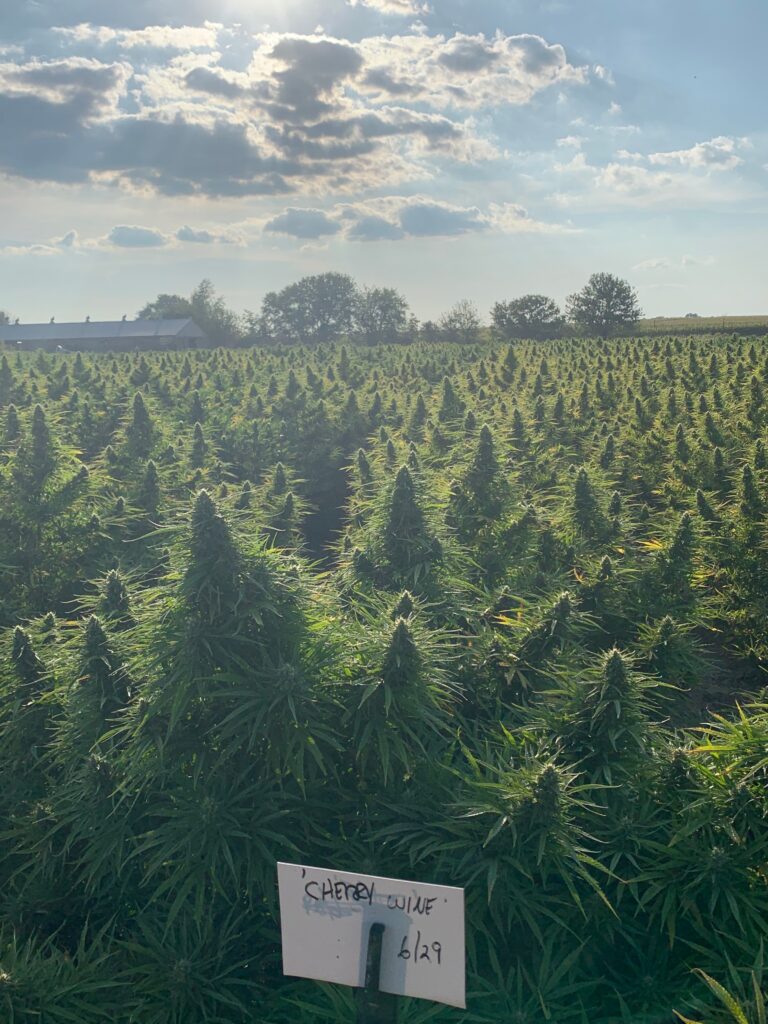
Study shows only two out of 24 hemp CBD companies contained what was listed on their labels.
“These are mostly no-name brands purchased by DEA agents from gas stations and convenience stores in Mississippi.” – Blake Ebersole
Todd Runestad | Jul 06, 2020 source: https://www.newhope.com/print/121514
A new published study that deigned to check in on the quality status of hemp CBD finished product brands found that out of 24 products tested, a paltry two passed label claim—meaning they contained what was listed on their labels.
One product—a vape liquid—contained a buzz-worthy 45% THC. That’s the cannabinoid that gets you high. By law, hemp CBD products are mandated to contain no more than 0.3% THC. CBD itself has no euphoric effects.
“From this small, but diverse, sampling of hemp-derived merchandise,” said researchers, “it appears that most product label claims do not accurately reflect actual CBD content and are fraudulent in that regard.”
It certainly demonstrates the hemp CBD business remains in its infancy, with quite a bit of maturing to do.
It’s notable that 14 products tested were vape liquids, five were ingestible oils, two were honey sticks, two were beverage shots and one was a topical cream.
“It would be more interesting if more oral products were included,” said Douglas Kalman, Ph.D., vice president of scientific affairs at contract research organization Nutrasource.
And only one tested company, Colorado-based Functional Remedies, was a recognizable brand—it passed.
“These are mostly no-name brands,” said Blake Ebersole, founder and president of NaturPro Scientific, a consultancy helping companies with product development, quality compliance and manufacturing of supplements. “The products were actually purchased from convenience stores and ‘CBD shops’ as opposed to health-food stores.”
The results, published in Journal of Dietary Supplements, said the researchers obtained all the products tested in the state of Mississippi.
Fifteen of the products tested were “well below the stated claim for CBD,” according to the study, while two exceeded claims in excess of 50% and five products made no claims.
So while the test results are hardly a feather in the cap of hemp CBD brands, the jury will have to remain out on the responsible tier of product providers—all of whom take steps to vouchsafe product quality from qualifying farmers or other intermediate vendors, requesting certificates of analysis—and not just taking the results at face value but then testing those results—employing Good Manufacturing Practices (GMPs), providing supplement-legal language on products and even listing test results available either on their websites or accessible via QR codes on product packaging.
The best-case scenario from this published study, then, is that smart retailers conduct all appropriate due diligence with brands—including spending less than a hundred bucks to take a bottle from a brand that wants to get on your store shelf and testing it independently at an analytic lab to make sure that there are no discrepancies between the label and the product itself.
The benefits of providing quality hemp CBD products is repeat customers as far as the eye can see.

When Modern Science Collides with Ayurveda
What do traditional Ayurveda and modern science have in common — other than repeated testing of hypotheses, and communication of evidence? Answer: They both warrant

The Bad Supplements List: Failed and Prohibited Products and Brands
The Bad Supplements List: Failed and Prohibited Products and Brands. The Bad Supplements List documents and reviews clear and reliable evidence, using publicly available information on testing and enforcement activities on U.S. dietary supplement brands and products.
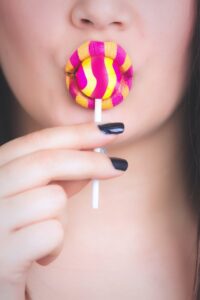
What’s next.. vitamin gobstoppers?
I remember the time I was called to an all-hands product development call regarding an amazing new technology. The crack team of young marketing whizzes
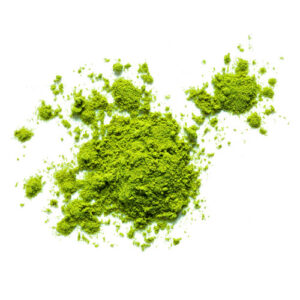
Smart Extracts for Smarter Supplements
The brain bone is connected to the hip bone — and just about everything else in our body. So when we think about antioxidant-rich botanicals
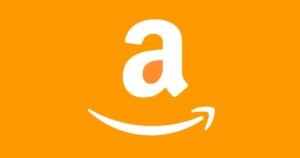
Dietary Supplements Prohibited by Amazon.com
The following list of supplements are banned for sale by Amazon as of April 18, 2023. This list did not provide business owner names or
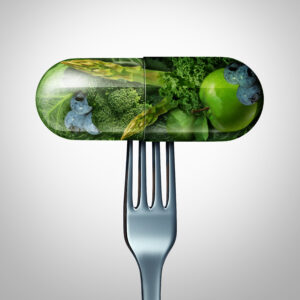
New Research and Opportunities in Weight Management
Untold tens of thousands of published scientific studies reveal ways to maintain a healthy body weight. Most weight management studies published in the past 20
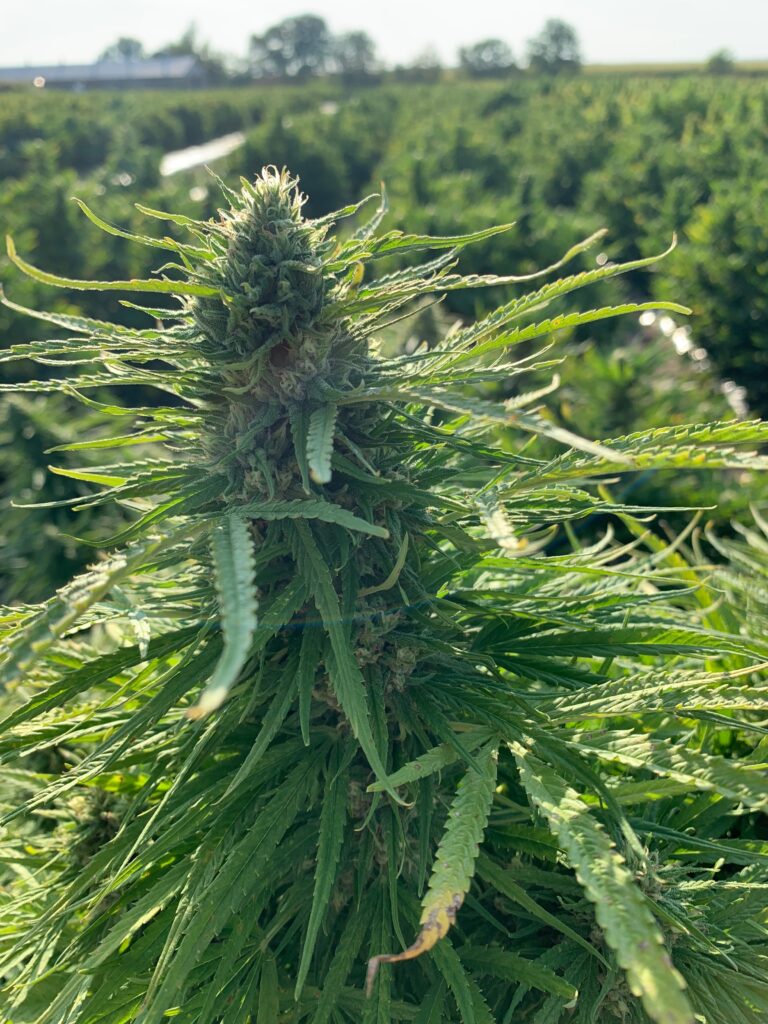
Sorry, the comment form is closed at this time.